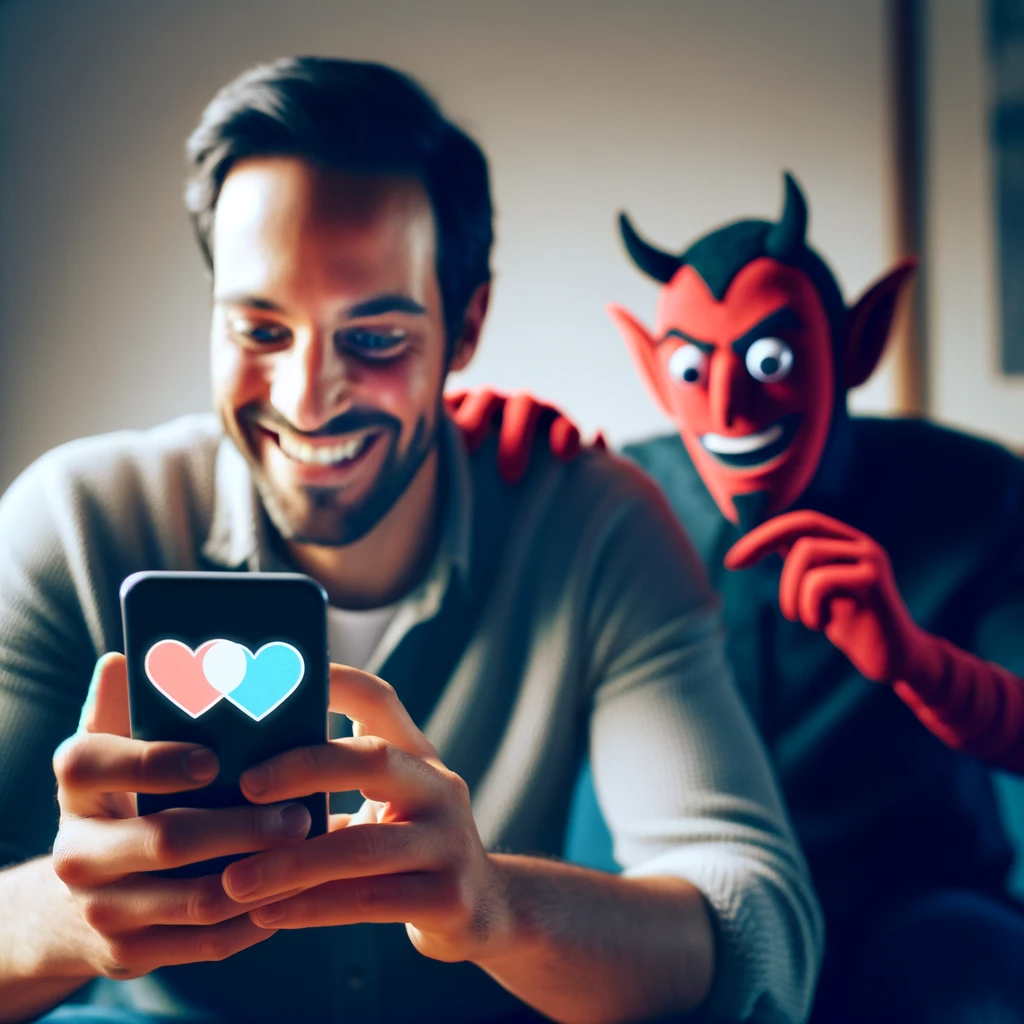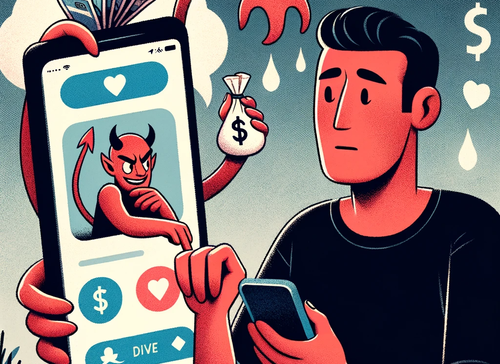In a revelation that will absolutely shock no one, a new study has unearthed the groundbreaking fact that online dating algorithms play favorites. Yes, it turns out these digital cupids prefer the cool kids – the more popular and attractive ones – over everyone else.
Apparently, your chances of getting recommended by these oh-so-fair algorithms skyrocket if you're deemed more attractive. The more you're considered a looker, the more the algorithm wants to show you off. It's almost like these dating platforms aren't solely focused on your quest for love.
These platforms aren't just about spreading love; they're also about raking in cash through ads, subscriptions, and those pesky in-app purchases. So they parade the popular users around because nothing screams 'engagement' like chasing the unattainable dream.
As part of the research, experts at Carnegie Mellon University analyzed a South Korean dating app's dataset which included personal attributes of around 243,000 users and logs of over 30 million interactions between them spanning three months.

It's all about the bling
Of course, these dating platforms aren't just Cupid's little helpers. No, no, they're also in it to make a buck (or a million). Ads, subscriptions, in-app purchases – you name it. And that is achieved by keeping users hooked (and spending) by dangling the popular crowd in front of them
"Revenue-maximizing recommendations lead to higher bias against unpopular users. We show that as popular users become more selective in accepting messages, the revenue-maximizing recommendations remain biased against unpopular users," says the research paper.
Initially, when these platforms are just starting, they're all about helping you find 'the one'. But as they grow up, they start caring more about maximizing their revenue figures than your love life. In a nutshell, it it's less 'find your soulmate' and more 'show me the money.'
“Even though dating platforms allow users to connect with others, questions regarding fairness in their recommendation algorithms remain.” says co-author of the study Professor Soo-Haeng Cho. The team suggests dating apps should be more transparent about their match-making algorithms, but that is unlikely to happen.

